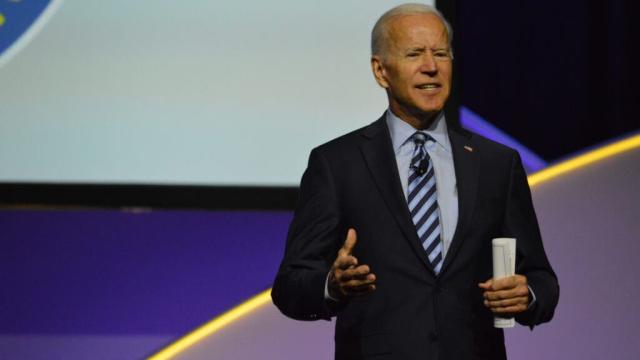The Biden administration has introduced plans for an excise tax on crypto mining. Firms engaged in mining digital assets would face a 30% excise tax on electricity costs. This tax, phased over three years, aims to address environmental concerns and ensure fair energy distribution.
Impact on Environmental and Economic Landscape
Digital asset mining’s rising energy consumption raises environmental and economic challenges. The Treasury Department highlights adverse effects on energy prices and environmental justice. This initiative aims to mitigate uncertainties for local utilities and communities.
Addressing Market Manipulation
The budget proposal addresses wash trading, a form of market manipulation prevalent in cryptocurrency markets. By extending anti-abuse rules to crypto assets, the proposal aims to eliminate tax subsidies associated with wash trading. This move is expected to bolster tax revenue by nearly $26 billion over the next decade.
Political Backlash and Uncertainty
Despite these proposals, President Biden’s budget faces strong opposition from Republicans. Critics argue against the budget’s hefty spending and its potential impact on the nation’s fiscal health. The budgetary process is dynamic, with revisions likely before its final passage, leaving uncertainty about the fate of crypto regulations within the budget.
This comprehensive approach to fiscal policy underscores the administration’s commitment to addressing emerging challenges in the evolving landscape of digital currencies.


